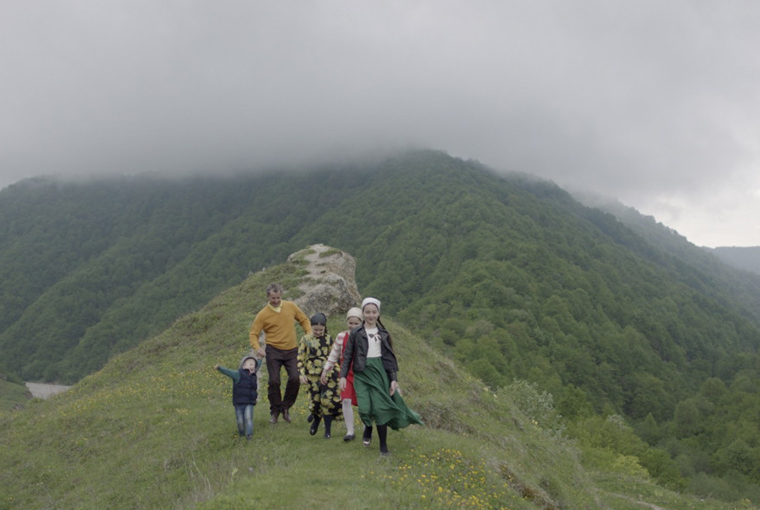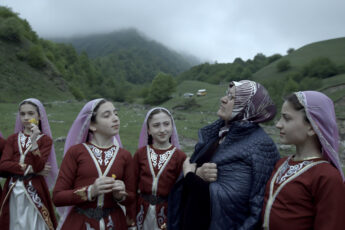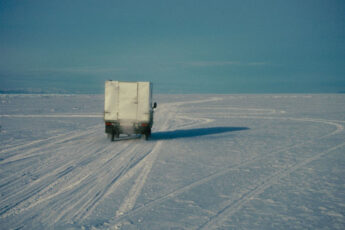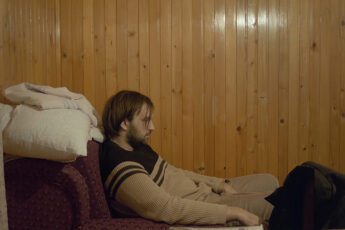
In our April editorial, we thought about the way that film distribution is affected by current restriction measures. The subscription boost for streaming giants like Netflix has put additional pressure on an already decrepit cinema hall infrastructure, while film festivals struggle to stay afloat when the organization of large-scale events is impracticable, if not illegal. Of course the restrictions have not only impacted the context in which films are shown. They have also delayed and brought to a halt pending productions. The leviathan of European public funding has been put to sleep, as Europe has shifted its focus from helping develop creative products to contributing to the subsistence of creative agents. The fact that this choice between creating and subsisting is presented as an either and or, and that the “solidarity” funds were explicitly devised as temporary measures, reflects the power of centrally administered film funds and the degree to which creative agents are dependent on catering to their ethics and logic. While the current situation causes a great deal of financial struggle for those whose cash inflow has been put on hold, others, and independent filmmakers in particular, may welcome the crisis as a go-ahead to explore uncharted creative territory. A thin line divides crisis and creativity. It is in this sense that more bottom-up forces in the film industry would be a welcome development and a necessary counter-balance to the aesthetic monopoly of centralistic institutions.
***
This month, we return to our Russian focus 2020 with reviews of several majority productions. Patricia Bass discusses a documentary exposing the ambivalent aftertaste of a rags-to-riches story from Chechnya. Isabel Jacobs critiques a bio-documentary that nurtures the cult surround Andrey Tarkovsky. Colette de Castro deliberates the motivations behind a French filmmaker’s visit to Siberia following the passing of a precious love. And Jack Page saw a portrait of two child brothers who experience neglect and abuse.
Jack Page also reviewed Lothar Herzog’s 1986, a feature about a young student from Minsk who navigates life between school and her father’s nefarious legacy. Finally, Mariana Hristova discusses Marko Djordjević cunning film about the “mummy’s boys” phenomenon on the Balkans. You can find a conversation with Djordjević in our Interviews section.
We hope you enjoy our reads.
Konstanty Kuzma & Moritz Pfeifer
Editors




Leave a Comment